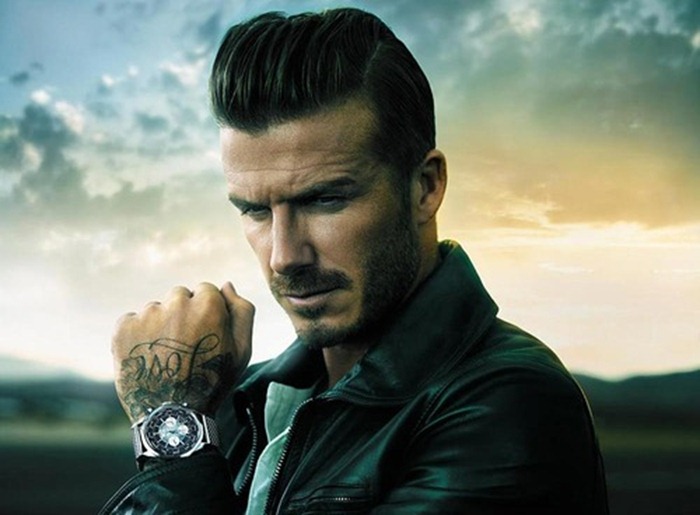
Someone who doesn't give a fuck. Zombies could be taking over the world and this guy would just chill with a cigarette and his leather jacket. That's "cool." Why?
Back in the days when death was a real daily possibility, I'm guessing humans learned to gravitate to people who could deal with whatever scary situation presented itself. People who had seen a lot, been through a lot, who wouldn't freak out under pressure. Those people kept you alive. They were natural leaders.
Today, though, death is far more rare. We don't run into situations where survival is uncertain and a cool, collected person could be the difference between life and death. But we're still gravitated to people who seem like they'd be unfazed by whatever life throws at them.
These people we gravitate to give as few fucks as possible. Rather than being seasoned war veterans who have loved and lost and come through it all, the coolest kids in school are the ones who don't care about non-life-and-death stuff. They don't care if they get in trouble, they don't care if they drop out of school, they don't care if they mess up their brains or their future or their relationships. Back in the death-days, these non-carers would have just died at the first cold winter. Oh, you didn't care about storing enough food for the winter? Ah well.
The unfortunate thing is that we value this not caring. And in this last year I have responded to the Mel-Mark double whammy by learning to not care as much. It started as a defense mechanism to shield myself from some of the hurt, but it ended up making me a happier, more carefree person. Or so I thought.
See, if you don't care about anything, nothing can hurt you. No one's opinion, no failure, no event can break through your shell and rustle your feathers. Literally everything can be responded to with a "What do I care?" It feels safe. And, on top of that, it feels cool. This has long been a "manly" trait, lauded as "tough", when really it is more hiding from any real emotional impact than dealing with what comes in a courageous way.
I feel like I have learned to quiet my mind, to stem the flow of thoughts, and that leads to an existence that is "in the present" because the connective thoughts to the past and future just aren't given space. Is this what existence should be? Is this what I should strive for, the contentment of the moment, sought after by Buddhists? (** Disclaimer: I don't actually know enough about Buddhism to make that claim, but this is my blog, so I will.)
In some areas of my life, this is good. I sometimes spin out of control into an anxious spiral over something -- such as relationship jealousy -- that I know logically has no basis in reality. I tend to base my opinion of myself more heavily on what others think than what I think. I worry about failure to the point that it prevents me from trying anything new. In these cases, I know that overthinking is holding me back, and quieting these thoughts is probably good for me.
Yet this "coolness" has also permeated and numbed other areas of my life that I care about. My mind is me! It is all I have and all I carry through life! Yet when it has come to drugs in this past year, which I know have a chance of dulling my thoughts or permanently rewiring things, I got the extra push over the line I needed to try them. While this has always been a curiosity of mine, I now recognize that extra push as an extension of the spreading numbness that could be equated with "coolness."
I got a freakin motorcycle!? I have one life to live, one shot on this Earth, and I am able to shut that thought out so I can be cavalier do something which certainly decreases my life expectancy.
Is this all bad? No, not at all. In both cases I was able to push myself into trying things I wouldn't have "had the balls for" (what a joke) earlier, and both have turned out to be rewarding. What I am not okay with, though is the amount that this extra daring came from not caring.
Caring is living. Caring is allowing externals to affect you, to shake you. What is life if not learning to meld internals with externals? I want to have this tool of quieting thoughts when they are not good for me, but I want to be more deliberate about what I choose to care about and what I don't. That's courage. Shutting my mind off isn't. I'm scared of what I might have lost, that I might not be able to go back.
(Fortune cookie thought: you can't spell scared without care.)

